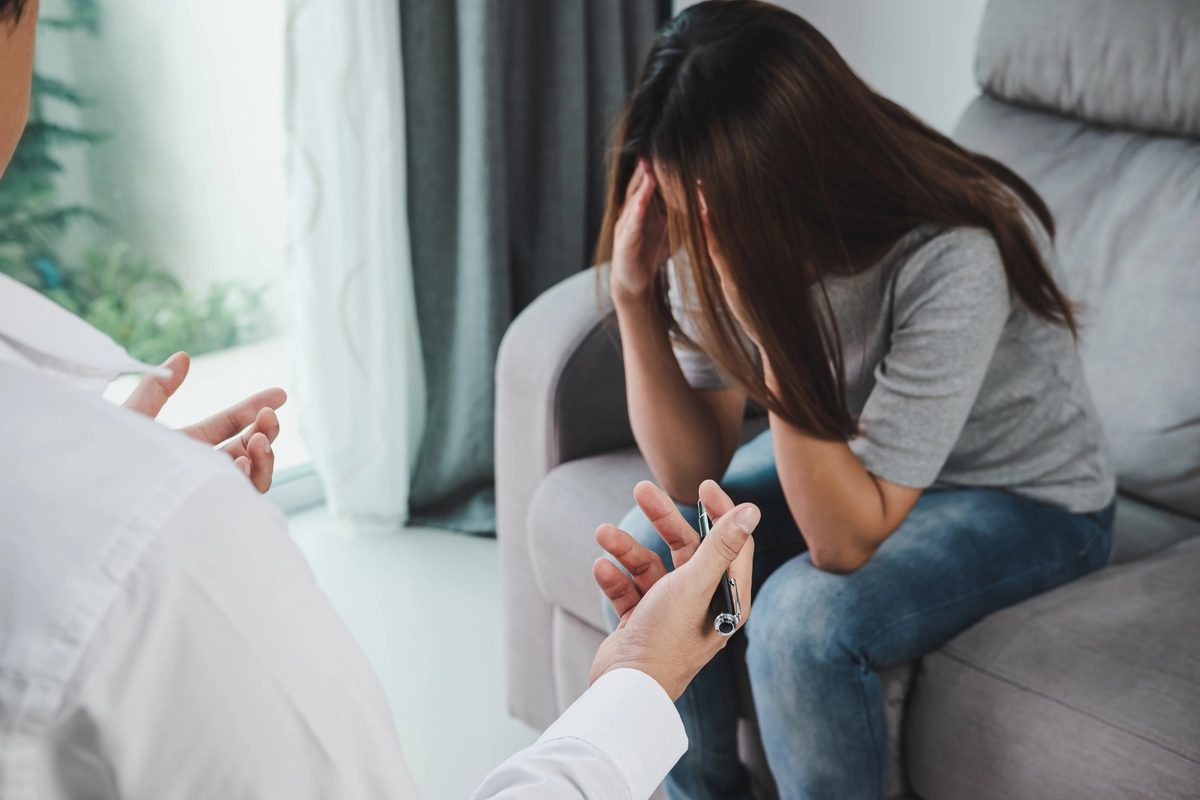24/7 Helpline:
(866) 899-111424/7 Helpline:
(866) 899-1114
Learn more about PTSD Treatment centers in Sturgis
PTSD Treatment in Other Cities

Other Insurance Options

UnitedHealth Group

Group Health Incorporated

AllWell

MVP Healthcare

Premera

ComPsych

Health Partners

Kaiser Permanente

Health Choice

Meritain

Lucent

Choice Care Network

Private insurance

Ceridian

BlueShield

Access to Recovery (ATR) Voucher

Horizon Healthcare Service

Carleon

Humana

Evernorth

Northern Hills Alcohol and Drug Treatment
Compass Point is a non-profit rehab located in Sturgis, SD. Compass Point specializes in the treatme...

Compass Point
Compass Point provides prevention, intervention, and treatment services in the Northern Black Hills....

Michiana Addictions Prevention
Michiana Addictions Prevention is a private rehab located in Sturgis, Michigan. Michiana Addictions ...

River Valley Behavioral Health
River Valley Behavioral Health is an outpatient clinic that provides behavioral health services, sub...

Counseling Center
Counseling Center is a private rehab located in Morganfield, Kentucky. Counseling Center specializes...













































































